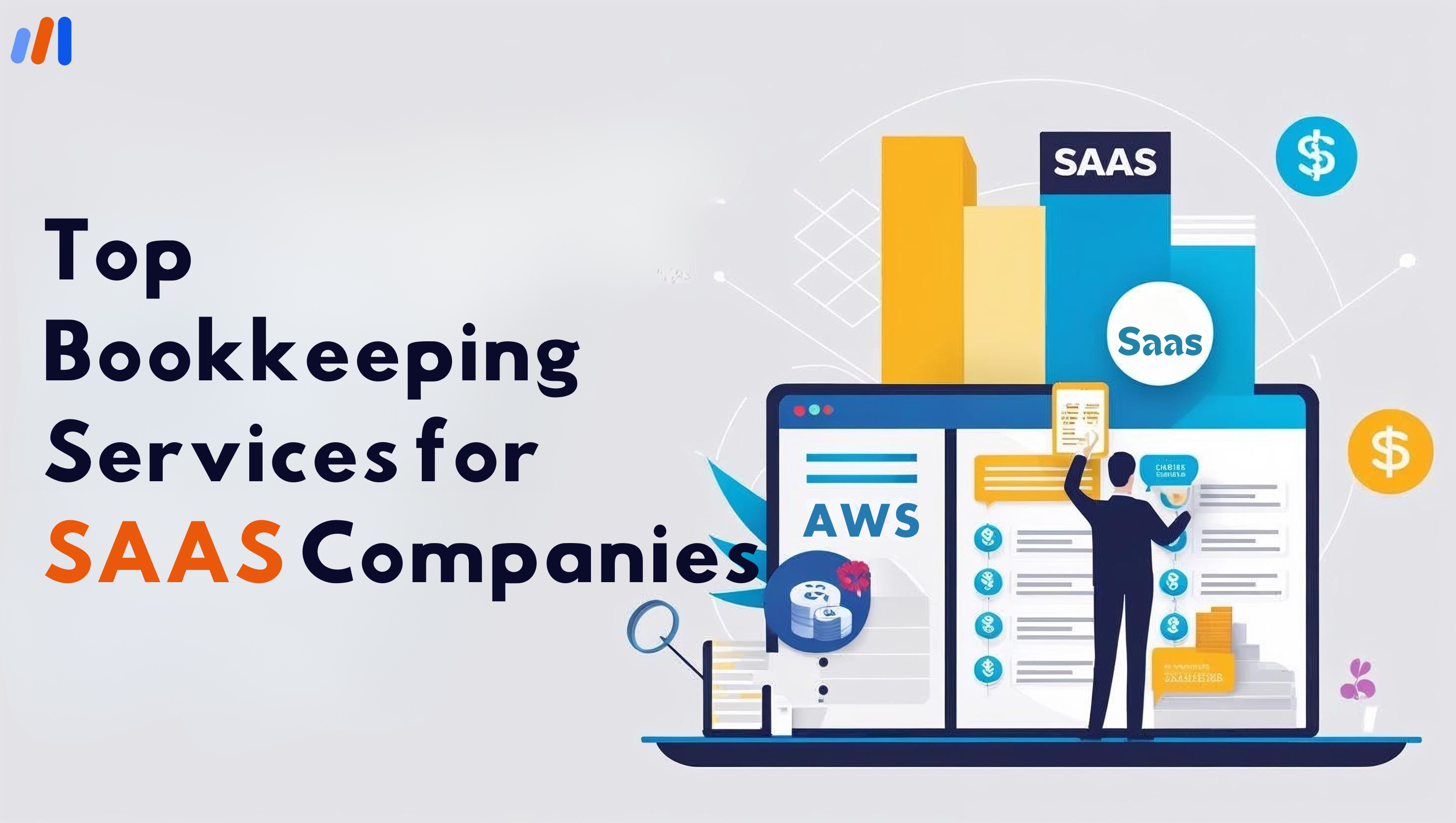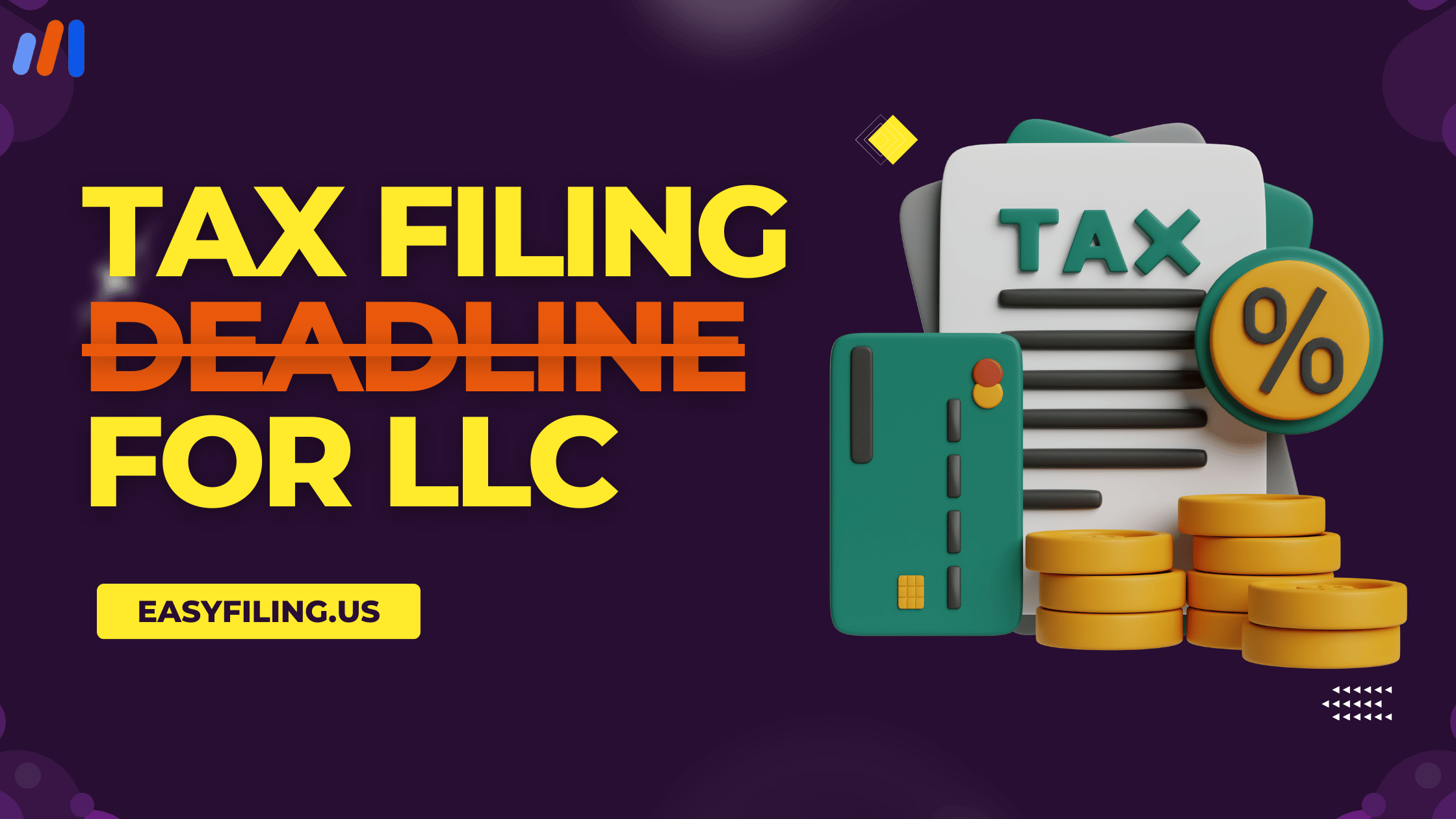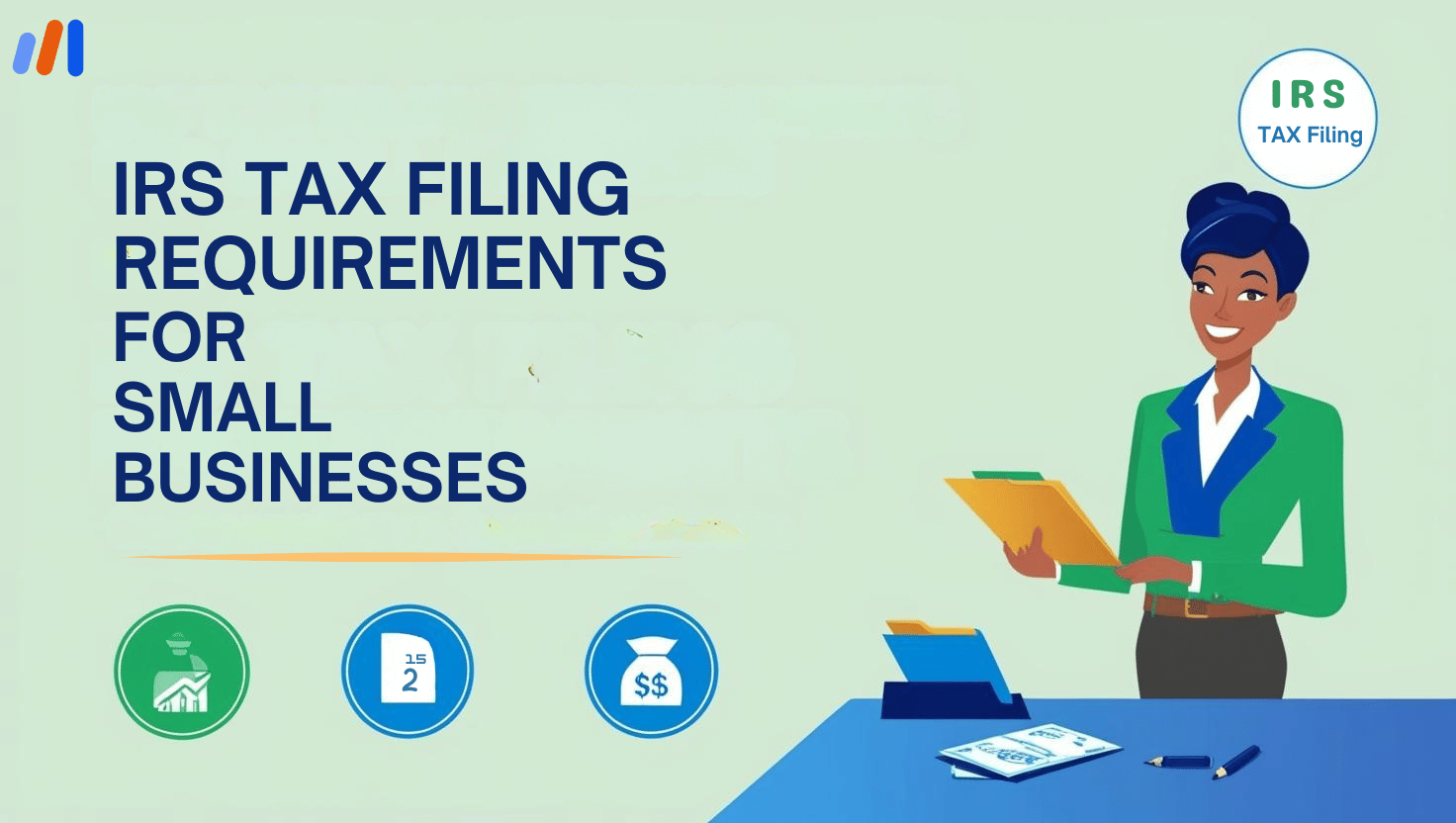As with any business, bookkeeping for a Software as a Service (SaaS) company goes beyond just keeping financial records. For founders and Chief Financial Officers (CFOs) of SaaS companies, bookkeeping is a competitive advantage; it helps make informed decisions, build trust with investors, and plan for future growth.
Your recurring revenue model comes with distinct financial challenges. Because of this, selecting a bookkeeping service tailored to the unique needs of SaaS companies is vital.
This guide discusses the top bookkeeping services for SaaS companies, features to pay attention to, and how to align your business needs with the right service based on your business’s growth stage.
Why SaaS Companies Require Bookkeeping Services That Understand Subscription-Based Business Models
Unlike traditional businesses, SaaS companies encounter unique financial challenges because of their recurring revenue model. Subscription billing, deferred revenue, and SaaS key performance indicators (KPIs) are components that a generic bookkeeper is likely to overlook.
Here are the most important reasons why SaaS companies need specialized bookkeeping services:
- Revenue Recognition Over Subscription Periods: Monthly recurring revenue needs to be recognized equally throughout the term of a contract.
- Managing Deferred and Prepaid Revenue: Annual payments made upfront have to be spread evenly for the duration of the service.
- Tracking CAC, LTV, and MRR: Bookkeepers should be familiar with customer-centric metrics critical for SaaS success.
- Investor Readiness and GAAP Compliance: For SaaS companies preparing for a funding round or acquisition, adherence to the Generally Accepted Accounting Principles (GAAP) is required.
To put it simply, strategic alignment of organizational objectives makes balancing the books a multifaceted endeavor in SaaS bookkeeping.
Top Tier Bookkeeping Services Tailored to Businesses Operating on SaaS Models
This is a comprehensive list of bookkeeping services that cater to SaaS businesses from bootstrapped startups to venture capital-backed scale-ups.
1. EasyBooks by EasyFiling – Smart Bookkeeping for Global SaaS Founders Managing U.S. Operations
EasyFiling’s EasyBooks is a specialized bookkeeping solution for non-resident founders and international entrepreneurs operating SaaS businesses through US LLCs or Corporations. It integrates tax-compliant reporting with relevant bookkeeping tasks, making it simpler for business owners.
Key Features:
- Revenue management for US operating LLCs and C Corporations.
- Supports multiple currencies with Stripe and PayPal.
- Complies with US taxation laws for non-resident business founders.
- Virtual CFO consultancy services are optional.
Ideal For: Founders outside the US who operate remotely.
2. Pilot – Best-In-Class Bookkeeping for Growth-Stage and Funded SaaS Startups
With Pilot, you get a financial services provider that offers bookkeeping as well as CFO services for more advanced and funded SaaS startups. Their bookkeeping is GAAP compliant because of the blended model with technology and qualified finance personnel.
Key Features:
- Saas friendly financial metrics reporting
- Integration with Stripe, QuickBooks, Gusto, and several other platforms
- Accrual-based accounting for accurate financial insights
- Monthly updates and dashboards depicting the company’s financial health with the help of crucial SaaS metrics.
Ideal For: Seed to Series C SaaS startups looking for funds and growth.
3. Bench – Streamlined bookkeeping with optional add-ons for SaaS.
Bench provides clean and simple bookkeeping solutions. With their SaaS specific enhancements, they are ideal for early-stage founders looking for affordable options.
Key Features:
- Available cash and accrual upgrades
- Monthly balance sheets and receipts
- Dashboard and mobile app accessibility
- Dedicated bookkeeper and tax filing assistance
Best For: Under the radar, early stage SaaS level startups
4. inDinero – Complete Bookkeeping and CFO Services for Growing SaaS Startups
InDinero includes full-service accounting functions like bookkeeping, tax, and CFO services to provide one seamless solution. It is tailored for full-service financial SaaS startups that need everything done for them.
Their commingled services encourage customers to shift to them solely for:
Key Features:
- Customizable processes for revenue recognition
- Financial and budgeting forecasting
- Provided outsourced CFO services
- Faster-paced growth attracts scalable plans
Best For: SaaS companies that require systematic end-to-end management
5. Kruze Consulting – Specialized Bookkeeping for Venture SaaS Startups
Kruze captures the volumes when it comes to startup bookkeeping. These guys are the VC-backed ones. The emphasis on strict GAAP compliance, investor reporting, and other relevant start-up key metric reporting makes these high-growth SaaS essential.
Key Features:
- Constructed detailed financial models of a SaaS business.
- Prepared funds and VC-friendly reports, financial data rooms, and presentation materials.
- Forecasted revenue with KPI metrics.
- Provided audits and tax preparation.
Ideal for: U.S.-based investor-backed SaaS startups.
Critical Qualities to Consider When Selecting a SaaS Bookkeeping Service.
If you seek a bookkeeping associate for your SaaS business, ensure they provide the following:
Understanding of Accrual-Based Accounting, especially relevant if your firm/solution needs fast tracking for scaling or funding.
Understanding SaaS KPIs: Your vendor should assist you in monitoring MRR, ARR, CAC, LTV, and other pertinent metrics.
Automatic Synching with Other SaaS Applications: Support for payroll, Stripe, QuickBooks, and Chargebee integration is essential.
GAAP-Ready Financial Reporting: For periodic investor updates and other due diligence procedures, having GAAP compliance is important.
Business Growth Forecast: You need a vendor that can grow with you from founding, to fundraising, and IPO if the need arises.
Final Words
Bookkeeping has transformed from being an administrative task in a SaaS company to the nucleus of facilitating cash flow, meeting investor expectations, efficiently managing funds, and laying down strategic growth plans, vis-à-vis driving decisions using data.
From solo founders to fast-scaling SaaS enterprises, there is invariably a need for a bookkeeping service that understands the unique contours of the SaaS business model.
Grow your vision and scale confidently with aligned finances by partnering with Pilot, Kruze Consulting, or EasyBooks.
Frequently Asked Questions (FAQs)
1. Why can’t I use a regular bookkeeper for my SaaS business?
Most traditional bookkeepers are familiar with cash-based accounting used in retail or service businesses. However, SaaS businesses require accrual-based accounting, deferred revenue management, and tracking of key metrics like MRR and CAC. Using a generalist may result in inaccurate financials that could mislead stakeholders or cause compliance issues during audits or fundraising.
2. What accounting software is best for SaaS companies?
SaaS contractors usually go for QuickBooks Online, Xero, and NetSuite for their accounting needs, and it is easy to see why. Countless SaaS bookkeeping services work with these platforms and are equipped with Stripe, Chargebee, Recurly, and Gusto for payments, subscription billing, and payroll, making it easier than ever to automate these services.
3. As a small SaaS startup, do I need GAAP-compliant bookkeeping?
If you are bootstrapped and plan to delay raising funds, GAAP compliance may not be necessary at the start. In contrast, if you are VC-backed or if there are plans to seek investment or an exit in the future, GAAP-compliant financials are necessary. It is critical as they capture the fundamental principles of transparency and uniformity regarding the recording of revenue and expenses.
4. What is the average cost of bookkeeping for SaaS businesses?
Broadly speaking, bookkeeping costs differ significantly based on your business’s size and the intricacy of your finances.
- Basic services for early-stage startups may start around $150-$500/month.
- Midsized SaaS companies could be paying somewhere between $800 to $2000/month.
- For growing companies, fully outsourced finance departments (bookkeeping + CFO + tax) could range anywhere from $3,000 to $10,000 a month.
File Your LLC Today
25$ off with a coupon
Lock in EasyFiling's transparent rates and get lifetime compliance support at no extra cost.
Get Started Now







